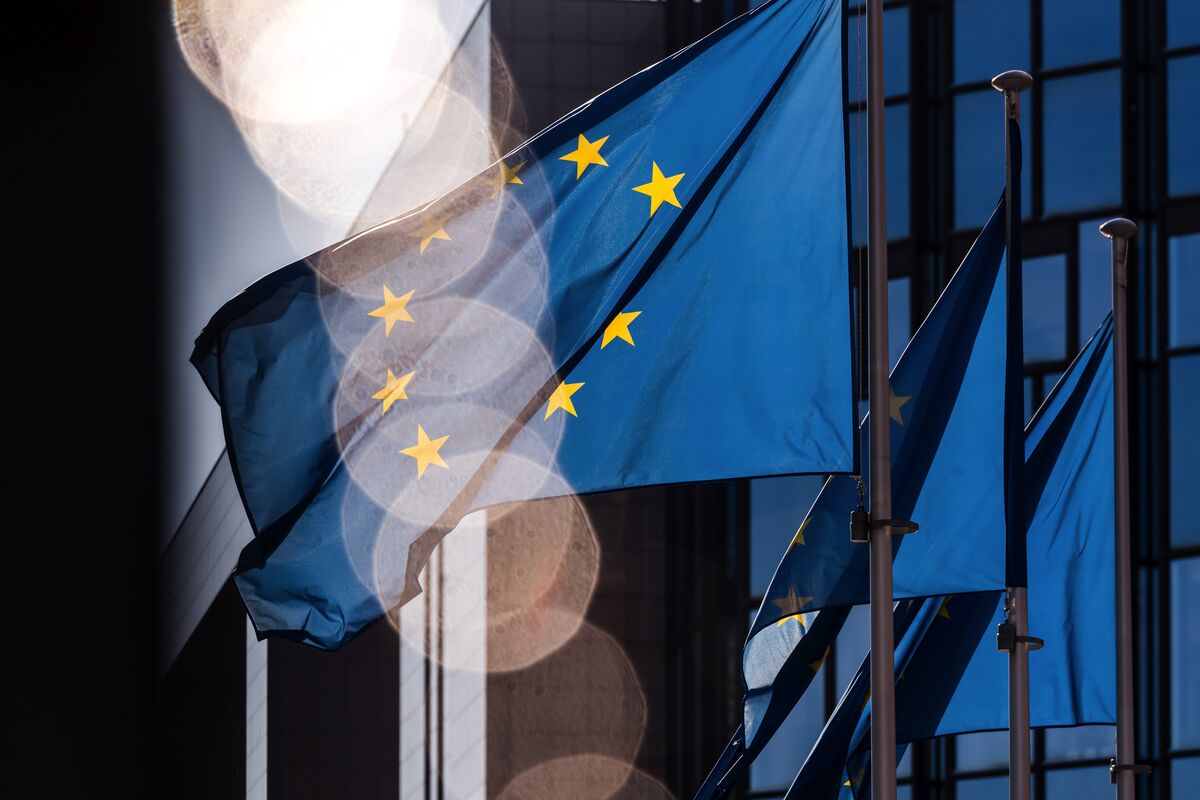- 9 December 2023
- 1075
A New Era Dawns: EU Agrees on Landmark Rules for Artificial Intelligence

Introduction:
In a historic move, the European Union has achieved consensus on landmark rules that will shape the future of artificial intelligence (AI) within its borders. This breakthrough ushers in a new era of regulation and accountability, with far-reaching implications for tech industries, privacy concerns, ethical considerations, and the landscape of innovation across the EU.
Key Provisions of the Landmark Rules: Safeguarding Rights and Ensuring Accountability:
What are the core elements of the new rules governing AI in the EU? We delve into the key provisions, addressing issues such as transparency, accountability, and the protection of fundamental rights. From high-risk AI applications to safeguards against bias, we explore the comprehensive framework designed to navigate the complex terrain of artificial intelligence.
Informative Table: Core Provisions of the EU AI Regulations
| Key Aspect | Regulation Overview |
|---|---|
| High-Risk AI Applications | Rigorous requirements for applications with significant risks |
| Transparency and Explain ability | Mandates for clear explanations of AI decision-making processes |
| Data Governance and Privacy | Stricter rules to protect individuals’ data and privacy |
| Prohibition of Unacceptable Risks | Explicit ban on AI applications deemed too risky or harmful |
| Ethical AI Development | Emphasis on fostering ethical considerations in AI development |
This table provides a concise overview of the core provisions outlined in the EU’s AI regulations, offering readers a quick reference guide.
Implications for Tech Industries: Navigating Compliance and Innovation:
How will tech industries operating in the EU adapt to these regulations, and what challenges and opportunities lie ahead? We explore the immediate and long-term implications for businesses, innovation ecosystems, and the competitive landscape within the EU.
Global Perspectives: Setting Standards or Creating Barriers?
The EU’s move to establish AI regulations sets a precedent on the global stage. We examine how these rules may influence international standards for AI and whether they could potentially create barriers or foster collaboration in the global tech community.

Privacy and Ethical Considerations: Balancing Innovation with Fundamental Rights:
As technology advances, privacy and ethical concerns become paramount. We analyze how the EU’s AI regulations strike a balance between fostering innovation and protecting fundamental rights, with a specific focus on privacy, bias, and ethical considerations.
Stakeholder Reactions: From Tech Giants to Civil Society:
How are different stakeholders responding to the EU’s landmark AI regulations? We explore reactions from tech giants, advocacy groups, and civil society, gauging the spectrum of opinions and expectations surrounding the new rules.
Roadmap for Implementation: Timelines and Enforcement Strategies:
What is the timeline for implementing these regulations, and how will enforcement be structured? We provide insights into the roadmap for putting these rules into action, examining the phased approach to compliance and the mechanisms in place for ensuring adherence.
Conclusion:
As the European Union sets the stage for a new era of AI governance, the agreed-upon landmark rules signal a shift towards responsible and accountable AI development. By examining the key provisions, industry implications, global perspectives, and stakeholder reactions, we gain a comprehensive understanding of the profound impact these regulations will have on the future of artificial intelligence in the EU.

